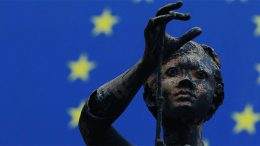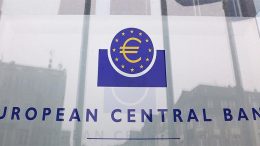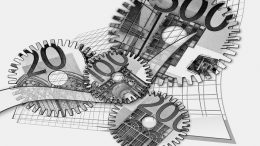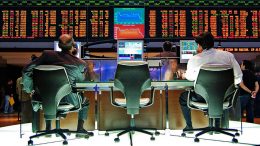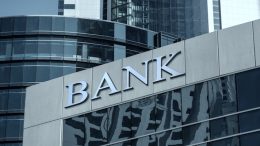The European Economy Will Recover At Two Speeds, Widening The Gap Between The Eurozone’s Members
The three countries most affected by the coronavirus crisis will be Italy, Spain and France, with falls in GDP of 11.2%, 10.9% and 10.6% respectively this year. For the region as a whole, GDP will contract by 8.7% in 2020 compared to the 7.7% previously expected. By 2021 it expects GDP to grow by 6.1%. In the second half of next year, the Commission sees a two speed recovery happening in the EU, with the existing divergences in the area becoming even more pronounced.

